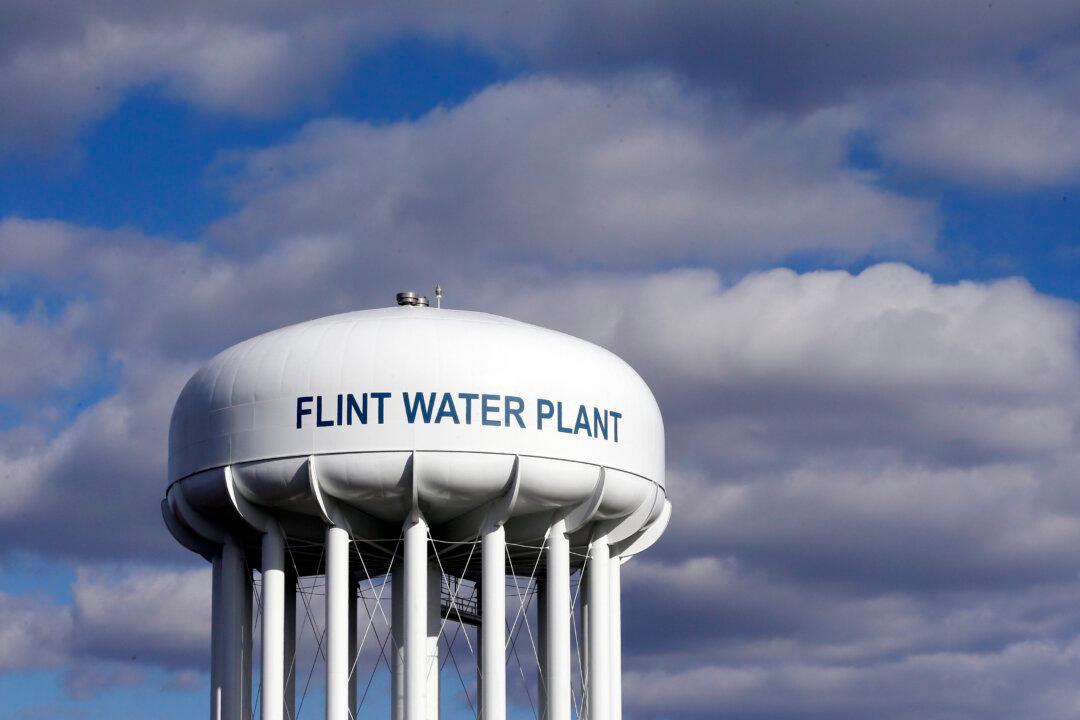Michigan’s Supreme Court ruled Wednesday that residents of the city of Flint, Michigan, can pursue public officials in a lawsuit (pdf) over the city’s 2014 to 2015 use of water from the Flint River that led to high levels of lead contamination among the city’s residents, including children.
The lawsuit was filed by Melissa Mays and other property owners and people in the Flint area, and targets former Governor of Michigan Rick Snyder, the State of Michigan, the state’s Department of Environmental Quality (MDEQ), and its Department of Health and Human Services, as well as two former Flint emergency managers.





